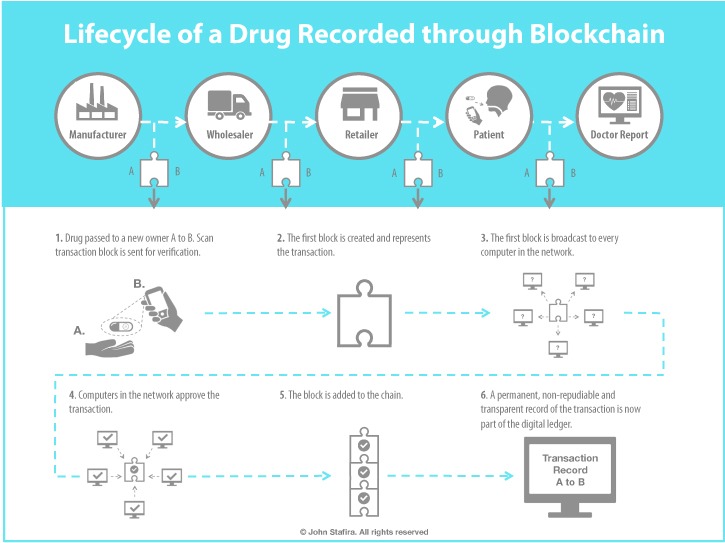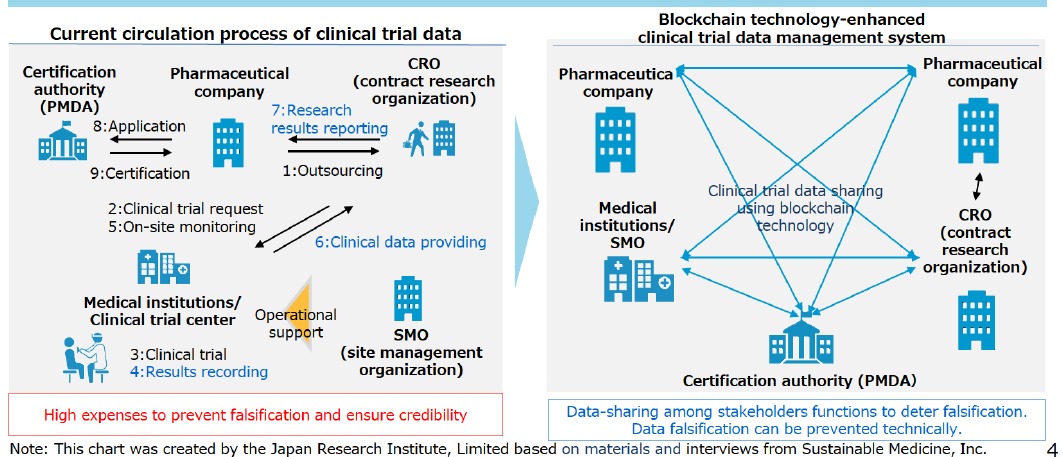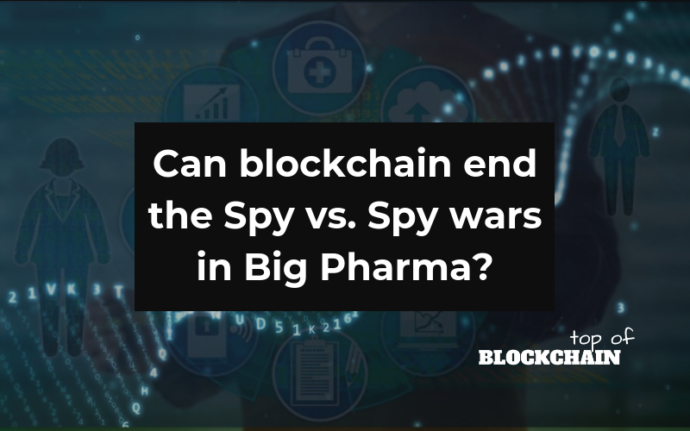Did you ever see the old Mad Magazine cartoon Spy vs. Spy? In the cartoon, two pointy-faced “spies” were scheming to kill one another in a range of nefarious and painful ways. The cartoon was created as a parody during the Cold War—the ultimate demonstration that in this kind of battle, nobody wins.
There’s probably no industry better known for its vicious competitiveness than pharmaceuticals, an industry worth $466 billion in the U.S. alone. Like those cartoon spies, drug companies have gone to great lengths to outwit and defeat their opponents.
The accepted wisdom in the pharmaceutical sphere is that companies only have a few years after they patent a formula before competitors jump in and begin making copycat drugs that radically slash their profit margin, so the brutal marketing free-for-all is the only way to fund the years of R&D that went into the product.
But this has led to a number of decidedly unhealthy practices, like artificial price inflation, causing a surge of fake drugs: counterfeit medications that are either the wrong drug or have unpredictable levels of active ingredients.
The market in fake drugs is worth $200 billion worldwide. About 10% of all medications manufactured in India today are fake. And in case you think that won’t affect you—in today’s globalized world, you never know where your medication is really coming from.
But you should.

Credit to: Japan Research Institute
BLOCKCHAIN / PHARMA USE CASE #1: Supply Chain
Fortunately, some pharma companies think so too, and have made supply chain management the most urgent priority for the entire industry. And that holds the promise of ending the Spy vs. Spy battle in the world of pharmaceuticals once and for all, making it simple and profitable for companies to collaborate and share information, building networks of trust, and ending the deadly chaos that’s ruled the industry until now.
In the U.S., FDA commissioner Dr. Scott Gottleib recently said that “tracking and tracing products is critical to industry’s ability to detect and remove potentially dangerous drugs from the drug supply chain.”
The FDA is planning to work closely with food supply chain experts, importing innovations within the food industry—like those pioneered with the IBM Food Trust to bring safety, intelligence, and sustainability to the food supply—to the pharmaceutical industry, providing similar advantages and gradually rebuilding healthcare provider and consumer confidence in the safety and efficacy of medications.
More and more pharma companies are getting on board as well. Major contenders like Pfizer and Genentech have gotten together to create the Mediledger Consortium, building a private invitation-only blockchain to build a secure drug provenance tracking system.
In the same way that Bitcoin facilitates transfer of currency from one entity to another without the need for banks and intermediaries, blockchain-based provenance will allow pharmaceutical companies to ship components and medications in a way that is secure and verifiable without necessarily releasing or compromising trade secrets or other protected information.
From a technical perspective, it’s not even all that hard to do. Small handheld scanning devices are used to verify the material being transmitted at each stage, so that not only the transaction history is recorded, but also the unique identifiers of every individual and company who has had contact with the material.
BLOCKCHAIN / PHARMA USE CASE #2: Clinical Trials

Credit to: John Stafira Blog
Another emerging application for blockchain is in clinical trials. German pharma giant Boehringer Ingelheim recently announced that its Canadian arm will be using blockchain to ensure clear provenance and transparency to ensure that clinical trials are safer and more accurate.
Blockchain could assign trial patients unique online identities while preserving their anonymity, ensuring that they don’t enroll in more than one trial at a time. Research will also become more efficient since information on currently active trials could be shared to enhance collaboration within a field.
At the same time, by protecting details about who records information, blockchain could be a valuable asset in protecting the intellectual property of pharmaceutical companies.
BLOCKCHAIN / PHARMA USE CASE #3: Consumer Awareness
The first two use cases we’ve explored here looked at uses within the pharmaceutical industry. But the application of blockchain potentially extends much, much further than that with the ability to increase public health and safety, changing the way drugs are distributed and used.
Tracking drugs to their end users using blockchain is the first step in rolling out a unified global recall management system, one of the key applications of blockchain we’ll be seeing in the near future. Beyond merely alerting the public, a system like this will be able to locate the people taking the drug and warn them should a dangerous reaction or contraindication arise anywhere in the world. Naturally, this can be applied in the case of counterfeiting as well.
Additionally, through identify verification on blockchain, states and countries will be able to keep better track of dangerous narcotics, ensuring that prescription drugs get to the individuals who need them and cutting off access to the deadly resale market on these drugs. Naturally, this would have to be done with an eye to individuals’ privacy, but this is entirely possible thanks to blockchain’s combination of public records and cryptographic-level security.
In fact, medical adherence, or the level at which consumers stick with drug regimens, is another huge use case in itself, and with greater traceability, pharmacists, physicians, nurses, and other healthcare professionals will be able to access more and more precious information about how individuals actually use the drugs they’re prescribed. Tracking the drug chain from raw ingredients to individual pills may still be off in the future, but even now, we can see all the pieces beginning to fall into place.
In an industry built around a fundamental lack of trust, blockchain can help create and broker trust relationships between suppliers and even among competitors, along with the general public, creating a shared trust standard accepted by all.
Let’s face it: Spy vs. Spy wasn’t really a funny cartoon. And it’s even less funny when there are lives on the line. The bottom line is that if we can’t trust that the next pill we take is safe, not to mention the next time we treat our child’s fever or sniffle, then we all lose.
Today, thanks to blockchain, the pharmaceutical industry is learning from some of the bloody battles of its past. The big contenders are finally realizing that in the battle for the healthcare market, there are no true winners… unless we all come together to build a healthier industry.
IBM created an infrastructure for cultivating trustless ecosystems and is implementing networks that were never thought possible. Watch the video below for inspiration.
Click here to build a blockchain application by getting your 6-month free trial of IBM Blockchain

